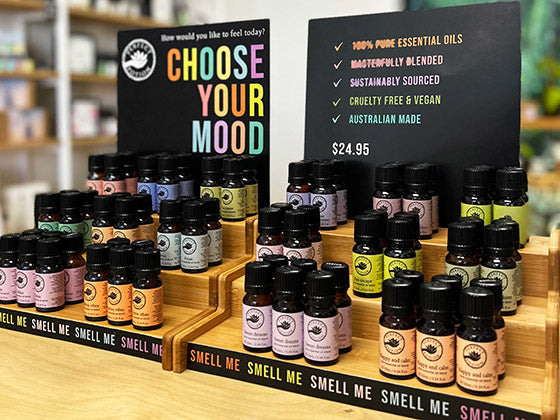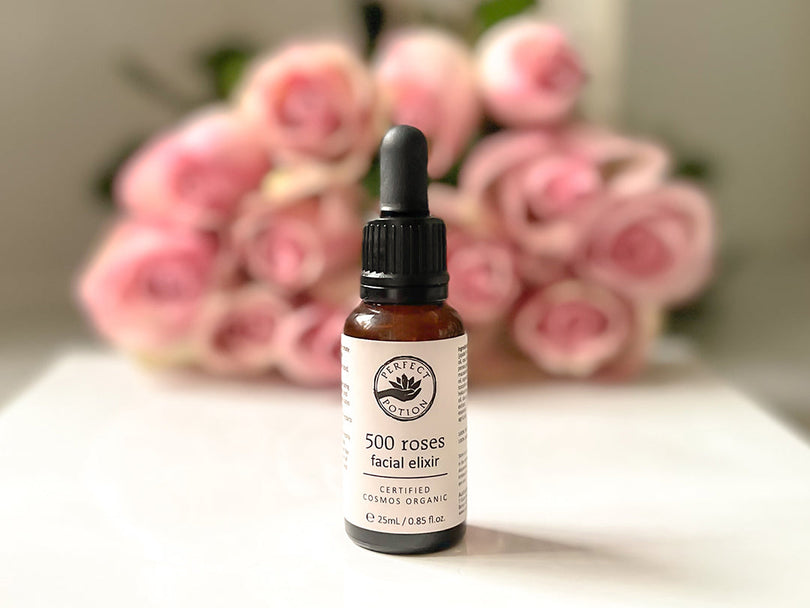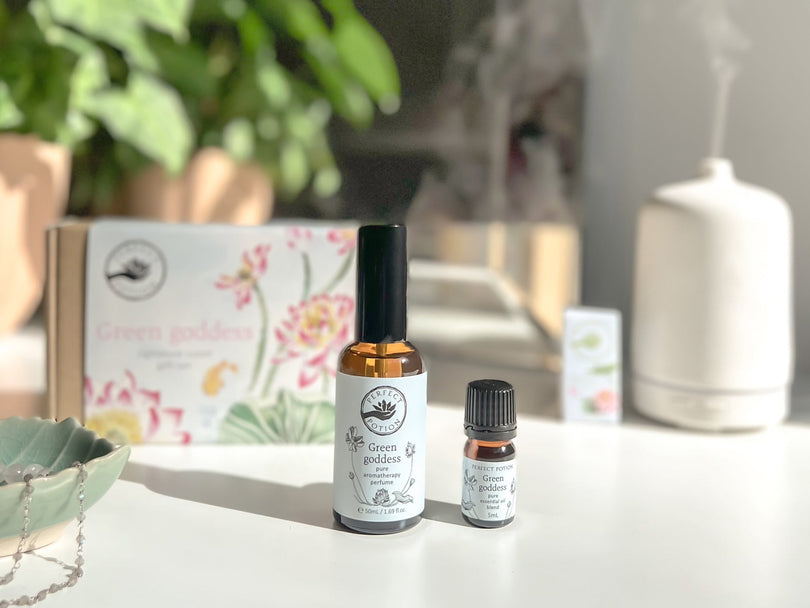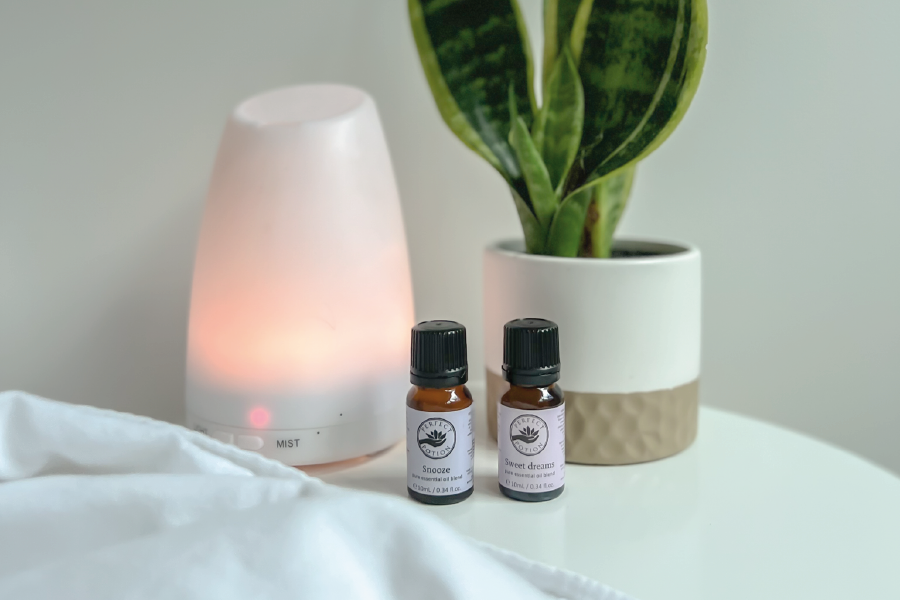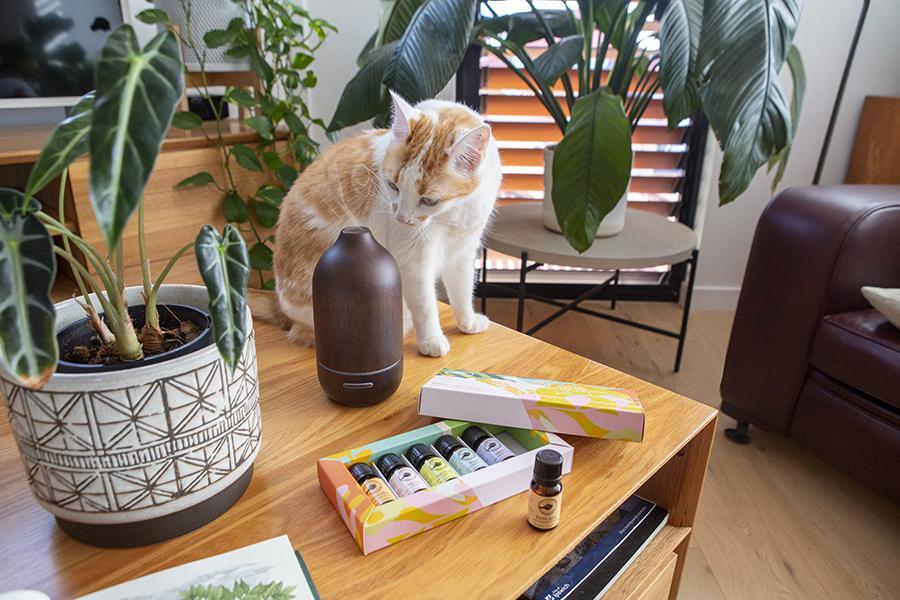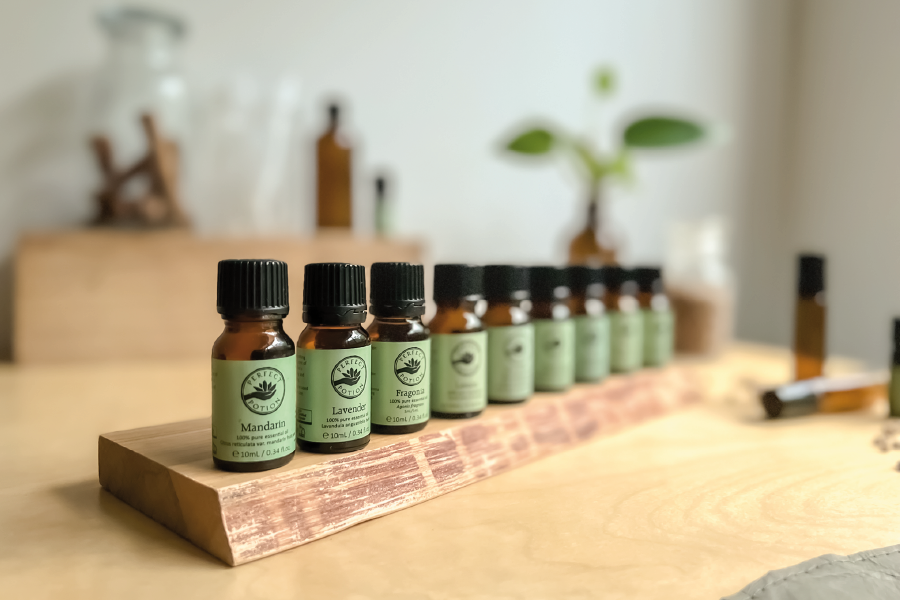Dr Mosley’s latest show on SBS runs a series of tests to find out how badly lockdowns have affected his volunteer’s health. It is definitely worth watching if you need a health reset as we recover from the pandemic - you can watch it on SBS. The show has been my wake-up call to start eating better and taking better care of myself.
If you are looking for that health reset and you are not lucky enough to participate on Michael Mosley’s show, where do you begin?
Most definitely healthy eating and regular physical activity are paramount; however, if we do not get enough sleep then it’s going to be so difficult for that health reset to start.
What do we mean by enough sleep?
If you suffer from insomnia or sleep deprivation (less than 7.5 hours of sleep) for 3 or more nights, you are not getting enough sleep. It will have immediate and long-term impacts on your health.
The general consensus from population-based studies drawn from different countries suggests approximately 30% of adults have reported one or more of the symptoms of insomnia: difficulty initiating sleep, difficulty maintaining sleep, waking up too early, and non-restorative or poor-quality sleep.
Studies indicate that sleep loss (less than 7 hours per night) may have wide-ranging effect on cardiovascular, endocrine, immune, and nervous systems: including obesity, diabetes, cardiovascular disease, hypertension, anxiety and depression.

Researchers have found when sleep deprivation occurs, people increase their intake of comfort foods high in fat and sugar. Sleep deprivation also reduces natural immune function, increasing the risk of infections and possibly cancer.
Individuals with chronic sleep loss reported excess mental distress, depressive symptoms, anxiety, and increased alcohol use. Individuals also have difficulty concentrating, memory problems and difficulty focusing attention. There is now extensive research linking poor sleep with impaired brain plasticity which affects memory and may lead to neurodegenerative diseases such as Alzheimer’s Disease. Sleep plays an important role in inducing repair, restoration and detoxification of the brain.
Studies confirm that sleep disturbances contribute to increased inflammatory disease risk, and that sleep disturbance and inflammation are both associated to have role in depression.
The enhanced sleep we experience during an infection is assumed to be feedback to the immune system to strengthen our immunity. It has also been reported that good sleep is associated with a reduced infection risk, and can improve infection outcome and improve vaccination response.
There are many holistic strategies for promoting healthy sleeping. These include physical activity, healthy eating, mindfulness activities, yoga, herbs, and of course aromatherapy.
The calming, soothing, harmonising and anxiolytic activity of essential oils makes aromatherapy very effective for treating insomnia.
One of the most commonly used essential oils for relieving insomnia is lavender.

Lavender oil is without a doubt the most studied essential oil for the treatment of insomnia. Many of the studies involve the inhalation of lavender, some studies examined the application of lavender with massage.
Lavender works very well with other essential oils in a blend to promote a restful night sleep and reduce anxiety.
Other essential oils that are often recommended for sleep disorders include bergamot, Roman chamomile, clary sage, geranium, fragonia, sweet marjoram, mandarin, melissa, neroli, petitgrain, sweet orange, bitter orange, rose, sandalwood, spikenard, valerian, vetiver, and ylang ylang.
You can simply add a drop or two of any of the above essential oils to your pillow, or you may want to use these oils or a blend in a vaporiser, a warm bath before bedtime, or in a massage oil.
Perfect Sleeping Potions
At Perfect Potion, we also have a Sleep Collection with blends, balms and mists designed to help you fall asleep and stay asleep to achieve a more rejuvenating, restorative and nourishing night’s rest.
|
|
Sweet DreamsOur Sweet Dreams blend is our original tried and true sleeping remedy, and our Sweet Dreams Collection remains one of our most popular ranges today! Featuring lavender, Roman chamomile, clary sage, sweet orange and petitgrain, Sweet Dreams is full of sedating, anxiolytic pure essential oils which helps sleep come naturally and deeply.
|
|
|
SnoozeOur most recent sleeping potion, Snooze was created especially for those who need a remedy for burnout, feeling tired and wired due to nervous system dysregulation, or are experiencing symptoms of anxiety and depression. This grounding and deeply restorative blend has been created with nourishing, emotionally supportive vetiver; alongside lavender, sweet orange and petitgrain; to promote a regenerative deep sleep. |
|
|
Beautiful Baby HushFor those that may find these two sleep blends overwhelming (clary sage promotes vivid dreaming, and earthy vetiver can be quite sedating), Beautiful Baby Hush makes a wonderful gentle alternative. While originally created with children in mind, this sleepy blend helps support general anxiety symptoms and is a softer alternative for sleep. Featuring lavender, sweet orange, mandarin, Roman chamomile and Santalum album (sandalwood) pure essential oils, this beautifully calming blend creates a soft, ambient atmosphere and promotes a peaceful night’s sleep. |
I do hope this blog helps you find better rest in the future.
Take care,

Salvatore Battaglia
Aromatherapist & Founder of Perfect Potion

